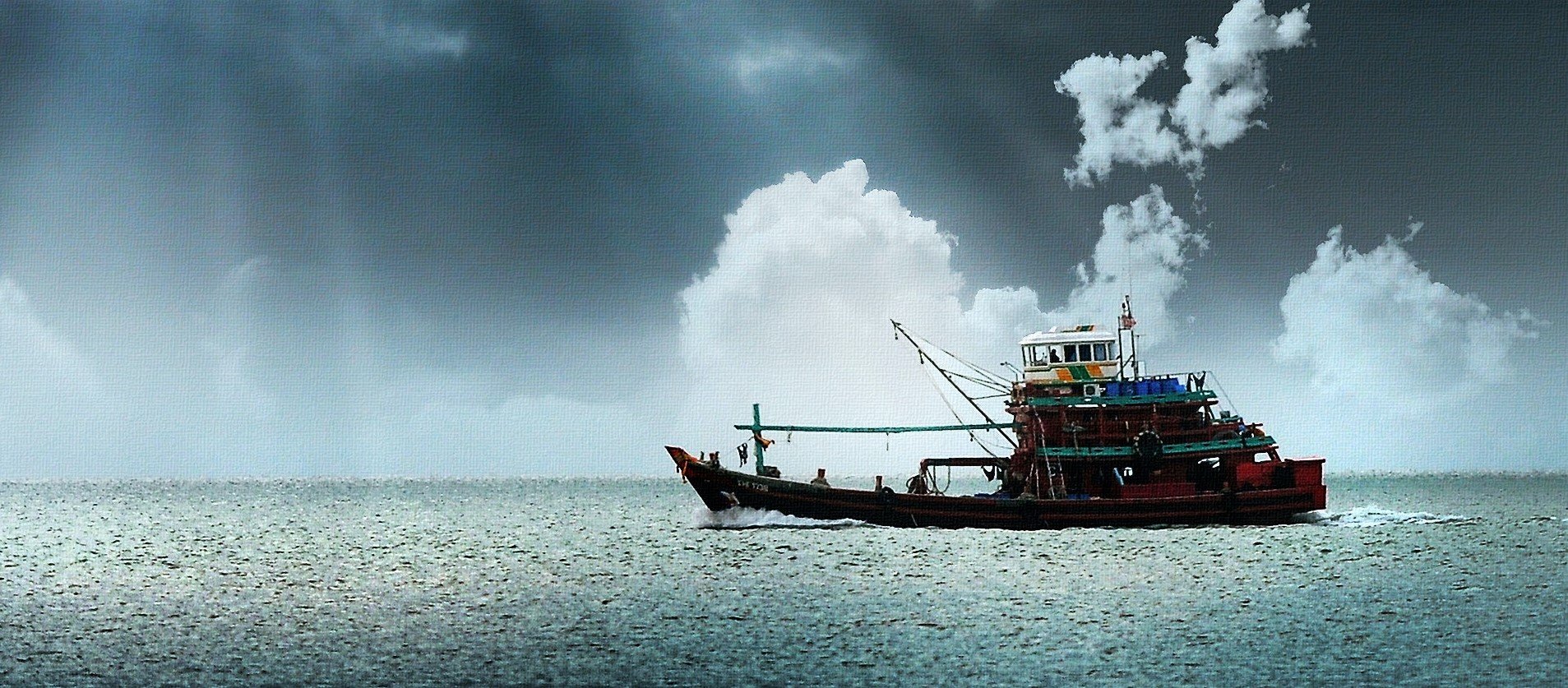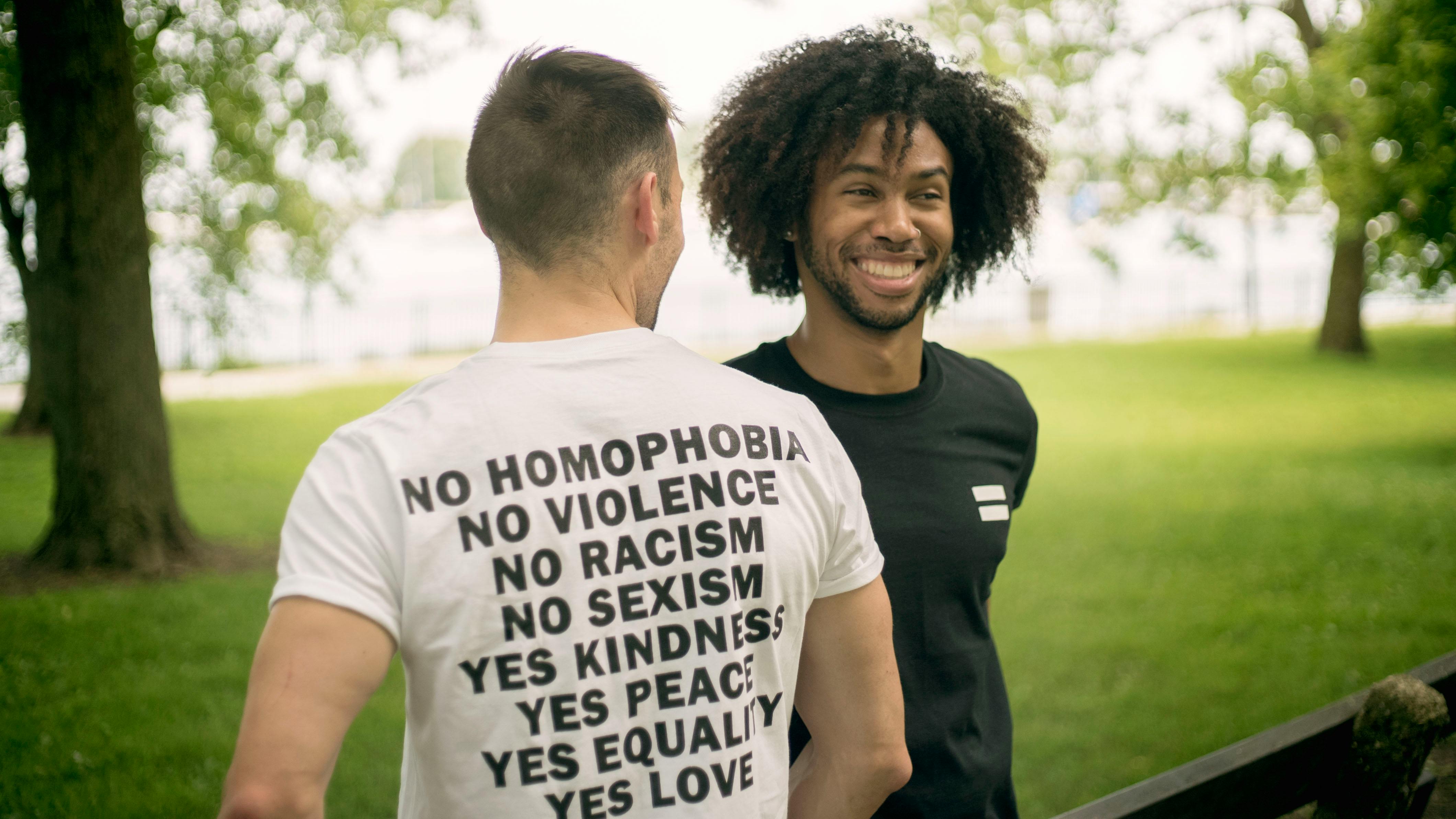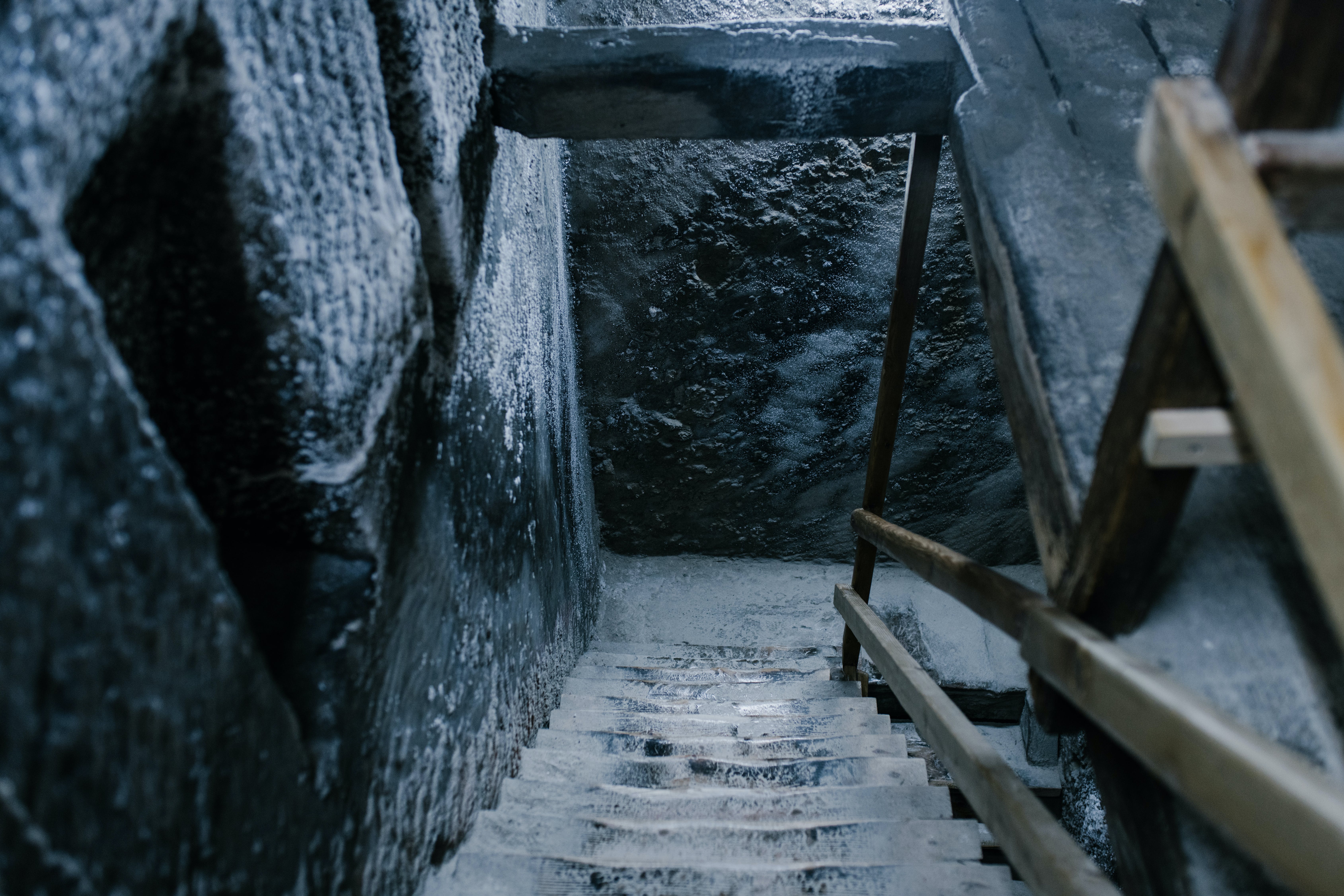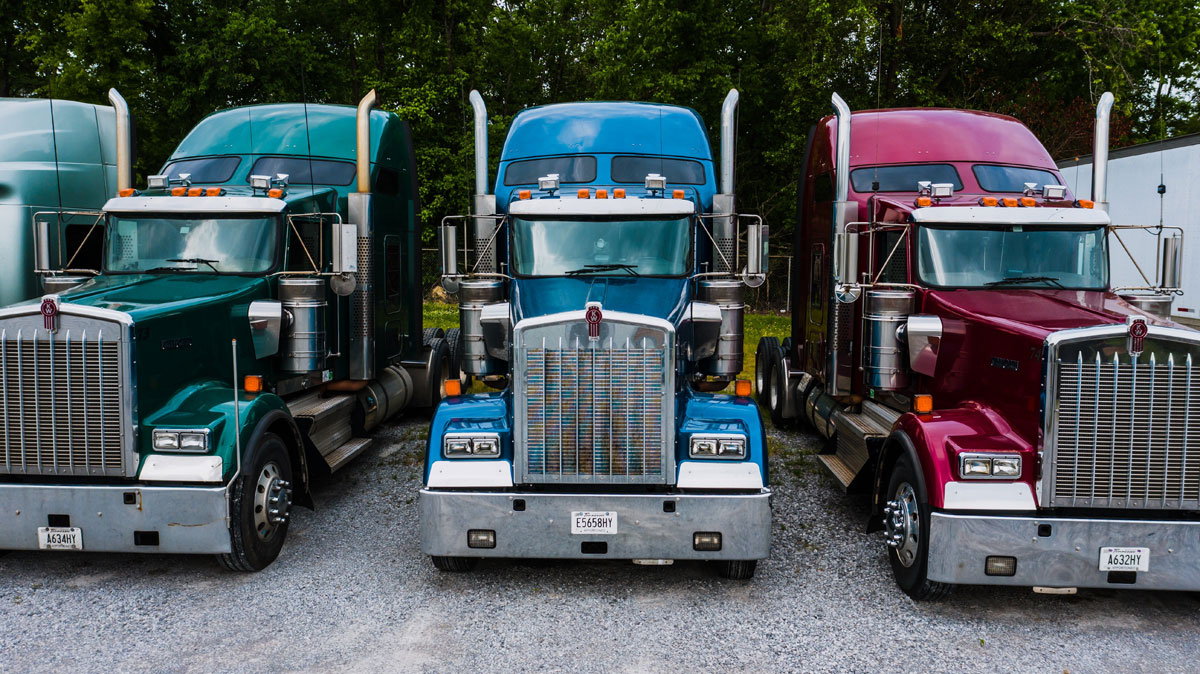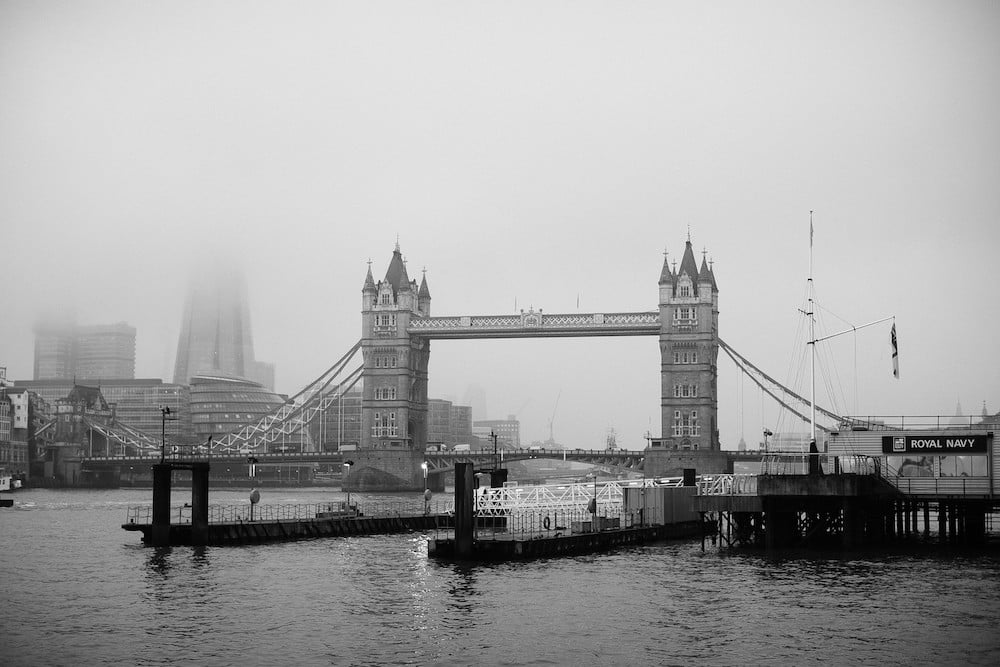Transcript
In 1958, British fishing boats drifted northwest into the cold Atlantic waters surrounding Iceland, hoping to catch enough fish to satisfy seafood demands back home. There was nothing unusual about this–British and Icelandic boats had been trawling freely in the stretch of ocean between the two countries for hundreds of years, and British fleets had been especially active in the area since the late nineteenth century.
But this year, something was different.
Starting in 1952, in response to a widely held feeling that British fishers were depleting local stocks, the government of Iceland began claiming–and, eventually, enforcing–an exclusive right to fish in the waters off its coastline. Six years later, things came to a head as British fishing trawlers and Icelandic coast guard boats met on the high seas, and started ramming into each other.
On purpose.
This was the start of a decades-long conflict between the two countries that would come to be known as “the Cod Wars.” During periodic battles over fishing rights that would last from 1958 until 1976, British and Icelandic boats regularly fought by ramming each other’s hulls. Meanwhile, Iceland’s coast guard tried to prevent the British from fishing in the disputed waters by cutting their nets with hawsers. At the height of the conflict, Royal Navy escorts were assigned to fleets of British trawlers to keep them safe from Icelandic attacks.
Before the Cod Wars were over, a British fisherman would be seriously injured; an Icelandic engineer would be dead; and the laws governing the use of the world’s oceans would be changed forever.
I’m Myles McDonough, and you’re listening to The Free Ranger.
[intro music]
Welcome to The Free Ranger, a podcast about telling the stories that matter. On this podcast, we’ll be learning about storytelling from the people who turn important issues into stories: the writers, filmmakers, marketers, and other professionals who weave together the facts to create compelling narratives that make a difference.
In this, our inaugural season, we’ll be looking at Stories of Stewardship–how people create powerful stories about our planet and its natural resources.Today’s episode focuses on telling the story of our oceans.
We’re very excited to welcome Tatiana der Avedissian, Head of Business Development at The Economist’s World Ocean Initiative. Tatiana is a communications specialist with extensive experience in business development, communications, and business strategy–including roles at both The Guardian and The Spectator. We sat down with Tatiana to learn how she helps The Economist generate films, articles, and other media that cover the important issues facing the ocean today…
Myles: Alright Tatiana, thank you very much for joining us here on the Free Ranger podcast.
Tatiana: Sure! Hi Myles, and thank you for having me.
Myles: [...] tell me what you're up to over at the World Ocean Initiative.
Tatiana: So that is an Economist project which is all about how to create a sustainable ocean economy. It was launched in 2018 off the back of the Economist's very successful flagship event The World Ocean Summit. The idea was to take what was taking place, you know these high-level discussions that were taking place at the annual Summit and turning it into a 24-hour conversation. So utilizing the Economist's capabilities as a business, and disseminating [inaudible] that information to a much wider audience. So storytelling, really, but in multiple sort of formats.
Myles: You mentioned the "ocean economy." I've also heard you talk about the "blue economy" in other places. What is the blue economy?
Tatiana: So the blue economy, much like when we use the word "green" or anything else is really any sort of area of industry that touches upon the ocean or relies on the ocean. So I'm oversimplifying this but to take for example industries like the fisheries, shipping, the blue energy market, for example. Those are the sorts of areas sort of what you would categorize as part of the blue economy. Now these industries haven't necessarily--don't--haven't always seen themselves as being part of the blue economy, I'd say shipping being one of them, being an example of that. But they are now sort of coming to the idea that this concept, this novel idea, exists, and they are part of it and therefore they have a role to play in that, in this blue economy. And when we talk about the ocean economy we're also talking about the health of our ocean.
Myles: What is uniquely challenging about telling the story of the blue economy and the ocean economy?
Tatiana: [...] I think some of the biggest issues is that we don't know much about the ocean. There isn't investment into the ocean, either. I said this before but there's a load of people spending a load of money trying to figure out space and all the planets and yet we don't understand our own planet! Which is kind of ironic, really. But you know that would be one big challenge. The other challenge is that you have certain debates or certain issues that take precedence or are prioritized by people--are more known to the public than others. And therefore dominate the discussion and therefore other issues sort of are sitting on the periphery, and then people don't necessarily take much notice to them.
And so, for example, of course the plastics issue is a big one, and very critical issue. But that also means that in--the average person may not know much else about what are the biggest challenges. Like, for example, you know, the actual organisms in the ocean, their livelihoods, our coral reefs, you know, overfishing, illegal fishing, illegal activities on the high seas--all sorts of different issues. You know, the killings of fisheries, fishermen, and observers as well.
Myles: What is it, do you think, that makes certain issues or stories in this ecosystem come to dominate in the conversation, whereas others get forgotten or swept under the rug?
Tatiana: Not to--again, I don't want to sort of simplify something and just label it, but I'd say good marketing goes a long way. And some issues resonate with us because it's closer to us. We can--it affects us individually and therefore the issue sort of resonates with us more. Other times--I mean yeah, effectively it's really about how you tell those stories and how you're connecting with people and making them relate to the issues from a first-hand experience.
Myles: How do you like to get people to relate to a given issue of importance?
Tatiana: You know, the best way--and I say this through the work that I do, with my charities--is for them to see the issues firsthand, right? But in the absence of--there are a lot of people that live near the ocean, but there are a lot of people that don't live near the ocean, right? So, you're gonna try and highlight this--well, maybe it's the garbage on your streets. And you see how much garbage is collected, you notice that your local council is not recycling materials and there's a lot of waste. You see the countryside littered with waste. And you actually end up going to the beach somewhere and you see lots of plastic in the--on the seashore. And then that might somehow sort of--it will annoy you because you don't like the unpleasant look of it. And then somehow you start to say, well wait a minute: if this is happening just in my little area, imagine what's going on elsewhere!
You might then decide to read something about the issue. You might find out that your entire district doesn't have a really good recycling policy. I mean, again, I think--I'd say, yeah, I'll go back to what I originally said, which is I think that firsthand experience of seeing something with your own eyes, experiencing it, then helps to connect and maybe take the issue a bit more to heart.
Myles: We've talked a lot about storytelling, which I think a lot of people can pretty easily relate to some of the videos that the Economist puts out, obviously the articles, the journalism. But in addition to your skills as a writer, you've done a lot in partnership management and business development. In fact that's your role at the Economist, if I'm not mistaken, correct?
Tatiana: Yeah, yeah.
Myles: How do you use your skills in partnership management and business development to help the Economist tell this story, to get the word out about the blue economy and important issues within it?
Tatiana: So, that's a good question. So, you know, we, part of my work is, you know, as head of business development, is to find--so we go out and we sort of--we know what our--the core issues that we want to talk about are, but of course that doesn't always connect with what our clients want to talk about! So we have to go and find a happy medium. But it's about finding like-minded organizations that understand and are somewhat aligned with the values of the Economist. And the Economist does care about democracy, it cares about freedom, it cares about the free market. You know, we are the--we're very supportive of sustainable development goals and the overall sustainable development of our planet, so to speak. So, you know, it's finding the kind of businesses that are aligned with that and you know giving them ideas of how they can align their brand with these issues and help, and fund some of these important sort of projects that we're working on.
I mean, you know, one example, great example is this new project that my colleagues are working on in Japan with the Nippon Foundation. It's called the Back to Blue Initiative. We're developing a plastics management index...I mean we are literally bringing together the entire ecosystem of--of anyone, everyone working in the plastics space to develop this index. You know, other projects that we've worked on you know have had similar impacts. Like, for example, working with the US Department of Energy's National Lab PNNL on a blue-energy report, and looking at the potential around that.
Myles: Sounds like there's a lot of organization involved--a lot of getting people with potentially different points of view to come together around a story and promote it themselves, and put their own work into it.
Tatiana: Yes, yeah, and and, you know, I mean, right now we're building--so some, a lot of these projects are usually standalone sort of clients, working with us to develop something, and they get a full sort of voice on the project. Share of voice, should I say. But in other instances we're currently, we're building a coalition, a consortium so to speak, of different partners on various projects around ocean data. And that one is a lot more challenging because it's not just--you're not doing one--you know, one voice, you're doing multiple voices, all experts in their own space. But of course the Economist is utilizing its expert views to help deliver this project. It's still under works, and hopefully we'll get all our key partners together, and I will be happy to share that project with you when it's ready!
Myles: Big question, here.
Tatiana: Tell me.
Myles: Why the ocean? What draws you to this work?
Tatiana: Well, not just the ocean. I just, I mean I am, when was it. So I was working in 2015 for the Guardian and that's when the sustainable development laws were initially sort of launched, so to speak. I worked on a number of different projects: women and girls, water and development, broader SDG sort of monitoring and measuring, the progress of--way back in 2015, the ocean being one big part of it. One of the interesting things is--it wasn't ever, it never really has been one of the big focus areas.
And in fact when the SDGs launched one of my biggest pain points was how the sort of--the way in which people were approaching the goals. Everybody kind of picked a goal or picked three goals and said, Okay, as of business or as an organization, these are the three goals that I'm going to focus on--not really realizing that they were all interlinked, that you have to have a holistic approach to all of these issues. But some get more attention than others.
And that's not to say that any of them are more important than any other. We have serious global challenges, we have serious issues around the world. You know, sanitation is one, lack of access to energy, you know. There's so many different--food security's a big issue. These are all interlinked with each other.
Myles: How do you balance the need to tell a particular story about a particular issue with the fact of this larger system of problems that you've talked about?
Tatiana: I mean through effectively through storytelling. I mean it goes back to this thing of you've got to connect the dots. You've got to help people understand the issues. And this is, by the way, this is not unique to this--in general, overall or generally speaking we look at issues in siloes. And we don't always think about the bigger picture, the implications. And this goes to issues around conflict, and I mean conflict resolution. So you've got like something bubbling here, but you're not sort of understanding the challenges across the region or the other issue that's arising somewhere else, 500 kilometers away, and not seeing the links between the two issues. Or how one is affecting the other, the implications. And I think that, yeah, you can--you can do so much, but sometimes I think we don't have the capacity to take in the, everything that's going on around us. And so sometimes giving people bite-sized information is a lot easier to digest. So, talking about the issue of plastic in the ocean is something that, you know, people get, they understand it. Trying to explain why there's plastic in the ocean, what are the challenges--so then you start--it starts to get a little bit more complicated. And then some people will just switch off.
Myles: If you had to summarize the World Ocean Initiative's take on the problems facing the ocean today, how would you do that?
Tatiana: Well we don't take a stance, apart from the fact that we want to see sustainable growth. No, because we're--we're a media organization. Our job is to tell the stories. We don't take a particular position on any issues. We are presenting the ideas, the solutions. And it is for the community to then take that upon themselves and affect change. Because we are not the--we are not going to implement the change. It's our readers, it's our clients we're working with. These are the actual--these are the facilitators.
Myles: That's interesting. So there's a very clear division between, I suppose, sharing information and engaging in polemic and trying to convince people of things. Your job is not to sway one way or the other but to make clear the facts of the situation.
Tatiana: I think that there's a lot of people in this world who are telling everybody what to think and how to think. And you know and a lot of media organizations do that. So it's nice to work for a media organization that doesn't necessarily tell you what to think but just tells you, gives you the facts and information.
Myles: [...] very big question. What is your favorite story? That can be a myth, a fairy tale, something from history...
Tatiana: Let's see, one of my favorite stories...I do love--I do love the stories of the Greek gods. Oh it's funny, actually, my friend's little daughter--she's Greek, yeah, she's Greek--and she was learning about the gods, and all through this app. They don't read books, these days, they just have an app that'll just tell them all the different gods. And so she was anyway reciting, you know, the different gods, and I was giving her the backstory about each one. What they don't tell you about Zeus. And then her mom was like What are you teaching her? And said to her, I'm like It's good for her to know these things! I'm like, they're just giving her the basics. Like, she needs to know that Zeus wasn't a great guy!
But yeah, I'd say I'm fascinated to the Greek mythology. I find it--I mean, if you think about it it's still, it has--it has sort of grasped the imagination of so many people. So many films have been made, so many sort of storybooks have been inspired, poetry...there's so much around it. And then I just find it all very fascinating. And not just because I grew up in Cyprus.
Myles: When you are putting a story together, how do you hook someone? How do you get them interested?
Tatiana: It's got to be topical. And you've got to think about the way in which you're presenting something. What you say, how you talk, and how you present something is of great importance. It's got to be--not unique, because there's no standalone, unique idea. Every idea is born out of a different--another person's idea, something else. You know, I--I take issue with the film industry. There's a lot of repetitiveness. There's a lot of tired storylines, just being repackaged and sent out and so on.
And then it's just, you know it is numbing your brain, it's great. But if you're actually trying to engage with something, you want a little bit more meat to it. But how do you make your film distinctive? How does it stand out? Beyond your--you know, these publicists that spend, you know, and these movie execs who spend a lot of money telling you that their movie's great, and then you watch it and think, That? And then you watch like this amazing brand of film that you, hasn't gotten all the reviews but is actually unique in the way it's telling that story.
But also I think we're very formulaic sometimes, by the way in which we tell stories. We're, you know, we have an--we're told that we have to write a certain way, that we have to even tell, adapt it, film it into a certain way in order to keep people engaged. But actually sometimes doing things a little bit more left field is far more interesting.
Myles: [...] you mentioned Greek mythology, and your fascination with it, particularly the way that it's inspired so much of our culture, so many cultural artifacts. What's the difference between merely repeating an idea over and over again in different formats as, arguably, certain elements of the film industry have done, and reinvigorating those stories, and telling them in a new way for a new purpose?
Tatiana: So research. We're a bit lazy--you have to go and read. You have to read about the characters that were ignored. You need to reapproach things. So for example, there are certain characters in history--there's a really good book that I read when I was, many many years ago by an author that passed away now, Elizabeth Wurtzel. Really, I mean, she was an interesting writer. And she wrote this book called Bitch. And she was re-telling the story of certain women in history. So from Delilah to Amy Fisher to Hilary Clinton and so on. And I read this when I was--I was like seventeen or something--and it left such an impression on me. Because what you know is based on what you are told, and a lot of people don't necessarily take the time to go and re-read something and make up their own mind about something. So maybe you'll find that something's completely different about a particular person, and you may want to tell that story slightly differently to what that is.
And that's what makes a good film a good film. Cause you take a completely different approach. And by the way, you don't always have to stick to historical facts. That's something as well that a lot of people think Oh, I have to be exact, I have to be exact to history. Well no, you don't, because the idea is you take something, and then you recreate it with your own imagination with your own interpretation of what you've understood, to unpack it during that era.
Myles: Is there anything that you would like people to know? Either about the blue economy, the story you're telling about it, the World Ocean Initiative, anything at all?
Tatiana: I'd say get more involved. Try to get connected with the ocean, even if you don't live anywhere near it. It's funny because we all live very close to an ocean, even if you don't feel like it necessarily. But these things--you know, everything that you do has a cause, has an effect, and we all have to be mindful aware of our impact--and if we can do that, and take more interest in these issues--because at the end of the day policy is driven by the mood of the people. It's a catch-22, you know, is policy driven by, do we follow policy or do we set policy? But those that believe that they have, you know, that people have a strong voice use it. Because it can effect change in a good way, and hold people accountable.
Myles: That is a lovely note to end on. That's beautiful. Thank you so much for your time, Tatiana, and thank you for joining us here on the podcast.
Tatiana: No thank you very much! It was my pleasure to be part of this.
[outro music]
As Tatiana pointed out, the “mood of the people” can have a huge impact on policy decisions. That was certainly the case in 1976, when the Cod Wars finally ended. That year, Iceland won international recognition for its claim to exclusive fishing rights in the waters 200 miles off its coastline–a claim that was later codified and applied to all sovereign countries as part of the United Nations Convention on the Law of the Sea. Such “exclusive economic zones,” or EEZs, have permanently changed the face of the global fishing industry.
While the Cod Wars might seem like a quirky, isolated incident, international disputes over fishing rights are actually far from uncommon. In addition to the Cod Wars, the twentieth century saw a “Lobster War” between France and Brazil, as well as a “Turbot War” between Canada and Spain. As recently as 2018, French and British ships clashed with one another in the Channel during a brief “Scallop War” .
Telling the stories of these conflicts over ocean use is a tricky task. It involves getting a grip on the massive web of “interlinked issues” that contribute to every dispute over resources, identifying the parts of that web that will make a good narrative, and finding a way to share that story with the people who need to hear it most. No small feat–but as we see in the lasting results of the Cod Wars, doing it well can influence the fate of industries, economies, and nations–and change the very way our world works.
This has been The Free Ranger. Thanks for listening.
If you enjoyed this podcast, please be sure to subscribe and share it with someone else who’d like it too.
The Free Ranger is a production of Free Range Studios, a storytelling and innovation agency helping mission-driven organizations promote social good. If you’d like to learn more, please visit us at freerange.com.
